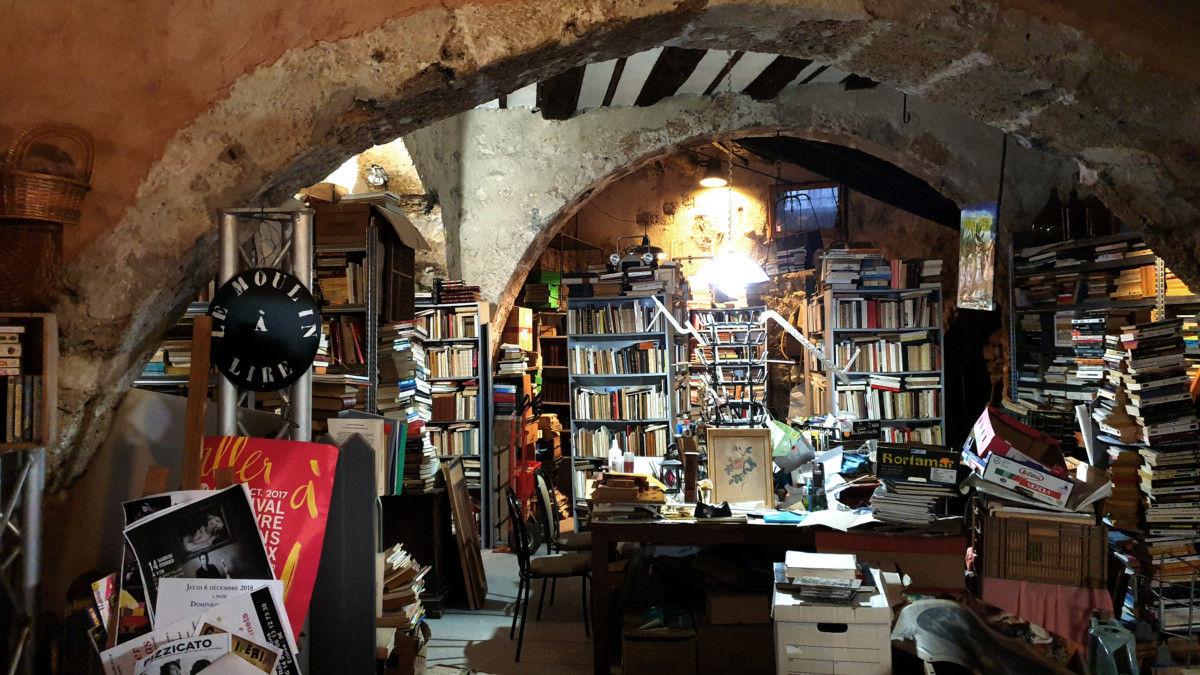A Path Forward For Independent Bookstores
It’s a common misconception that Amazon has killed the independent bookstore industry. In reality, bookstores which manage to adapt to this new era, and perhaps even those that don’t, are hanging on, thriving in the spaces inevitably left unaddressed in a book market dominated by an international marketing behemoth.
Amazon, for all the convenience it offers (free shipping, anyone?) is also hampered by the very nature of its success. Having become a huge, standardized, and international service, it is poorly equipped to address the interests of local communities. Let alone provide the rich in-person experiences that are found in physical bookstores. Independent bookstore owners who recognize this can tailor their offerings and change their approach to fill this gap. Often, those that do so, see a new kind of success, perhaps one even motivated by a reactionary impulse to the prospect of a world in which books are solely an online commodity.
Prime examples of this phenomenon (along with statistics to show the success of independent bookstores) are showcased in this Boston Globe article. Whether it be speed dating events, curated book selections that respond to the political sentiments roiling communities in our increasingly charged political era, or pop up shops that engage readers through addressing aspects of their identities in a curated manner impossible in an impersonal online marketplace, these shop owners have found the key. In the words of Clarissa Murphy, co-director of Metro Boston Bookstore Day, book-selling has become a place for those “able to be innovative and turn on a dime to try something new.” Book stores which simply stock their shelves with books and hope for the best usually fail to draw in the readers whose simple buying needs are better serviced by Amazon’s breadth and cheapness.
Of course, for all the pluses of Amazon (and we shouldn’t ignore the many criticisms of Amazon that are being brought to light these days), I can’t help but feel a significant amount of nostalgia for a world in which books were purchased in local bookstores. Times change and the market largely influences what people do. The kind of innovative programming displayed in the article offers hope that collaboration between devoted local residents and increasingly community-oriented bookstores will sustain the kind of reading communities which make independent bookstores beloved and irreplaceable.
Please Support us on Patreon!

Moreover, starting with the pledge level of $3, you will get a digitized vintage book about bookbinding, book history, or book arts each month from us!
These pledges help iBookBinding to continue its work and bring more information about bookbinding and book arts to you!


